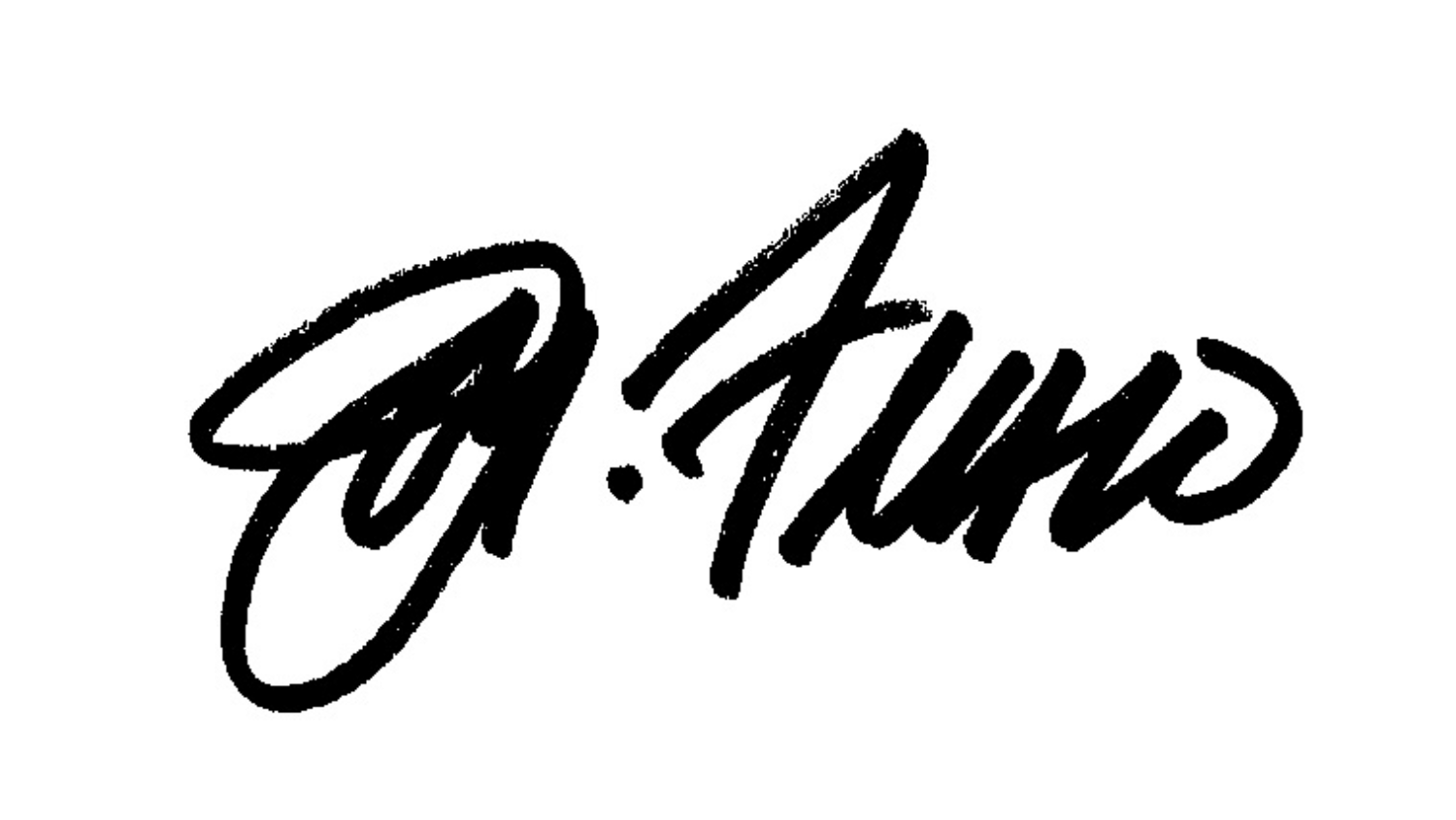Bill Murray and Stephen Tobolowsky
“Groundhog Day” is the greatest movie about leadership ever made. Its lesson? We build mastery in our lives one moment at a time.
A great life, and great leadership, is really just a collection of smaller, individual moments of mastery. Bill Murray’s character unlocks this secret about three-quarters of the way through the film, and no longer sees the day he’s condemned to repeat as an endless hell, but as an opportunity to master his life — to build one small victory at a time, one encounter at a time.
It is a wonderful metaphor for our daily lives. We are condemned to repeat everything, every day unless we change. Unless we change, or achieve mastery, we are each living the same hellish day over and over again, with the same results, the same undesirable outcomes. Yet, each day, in as many conscious moments as possible, we’re given opportunities to rise above and set aside our ineffective beliefs and behaviors, and strive to live and lead against a standard — not perfection, but an ideal — of what it means to be as effective a person as humanly possible.
Every action, every thought, every decision -- even every little word that escapes our lips -- is an opportunity to exist in a single moment of mastery, to elevate ourselves and others.
Then, one day, with hard work and perseverance, we find that we’re able to string these moments together — like one bead after another — in a work of leadership and behavioral art. And we become free.
This is the journey of a leader, regardless of our definition of leadership, or the set of leadership principles you and I have chosen to follow.

